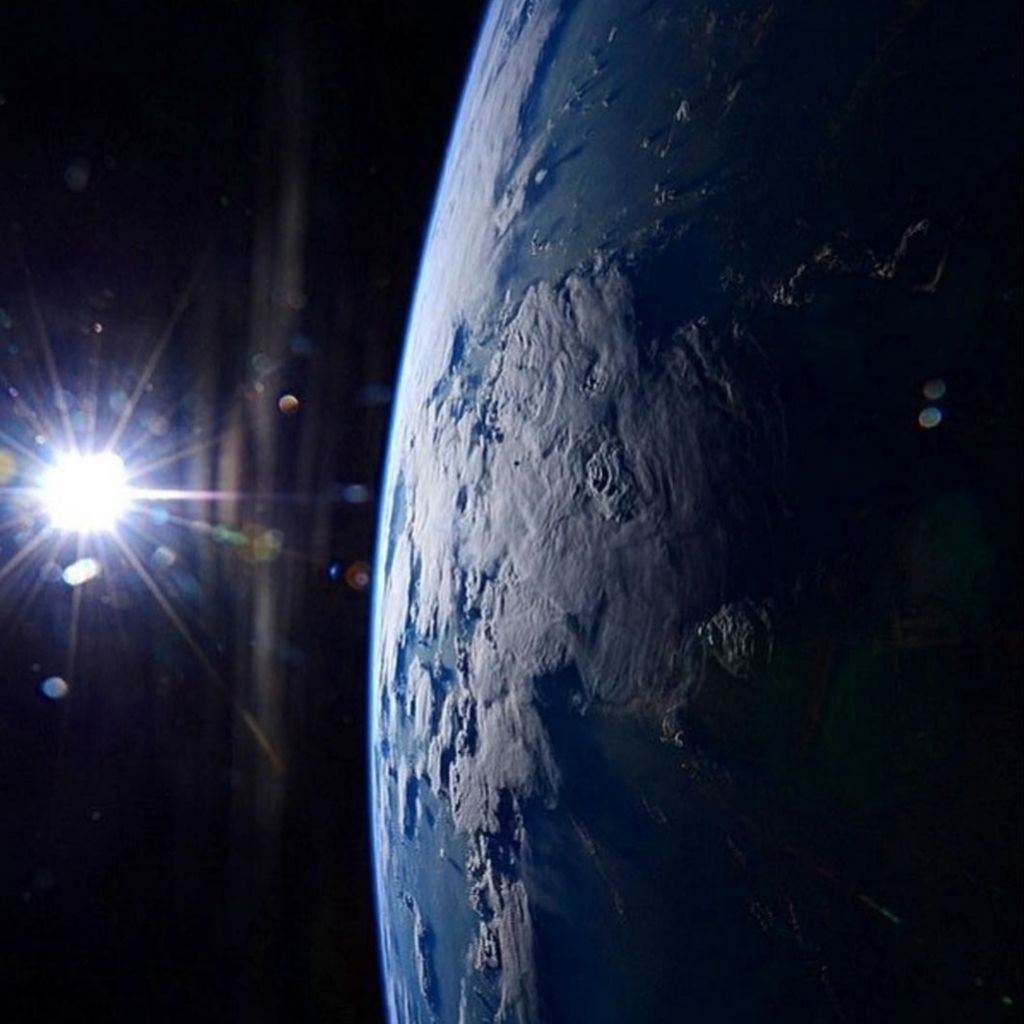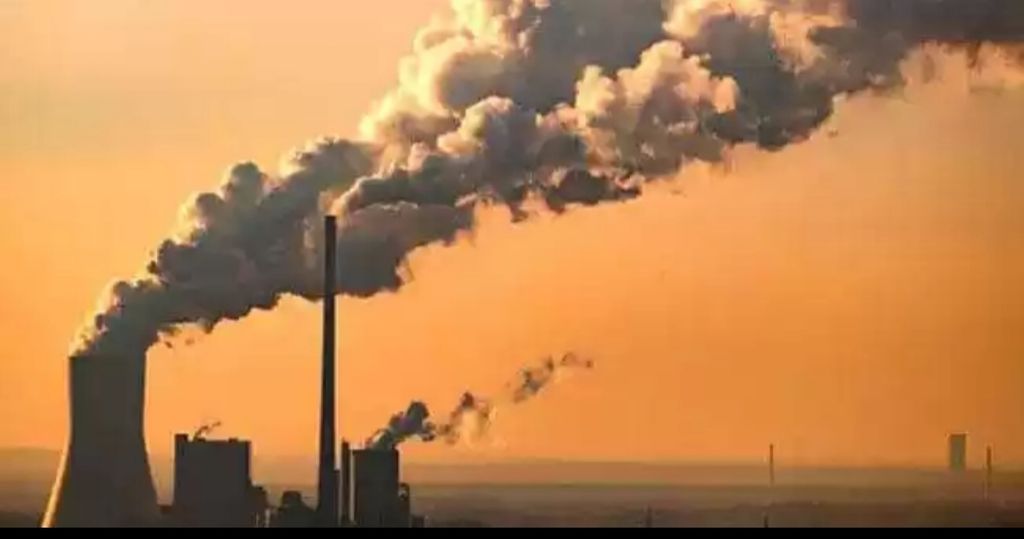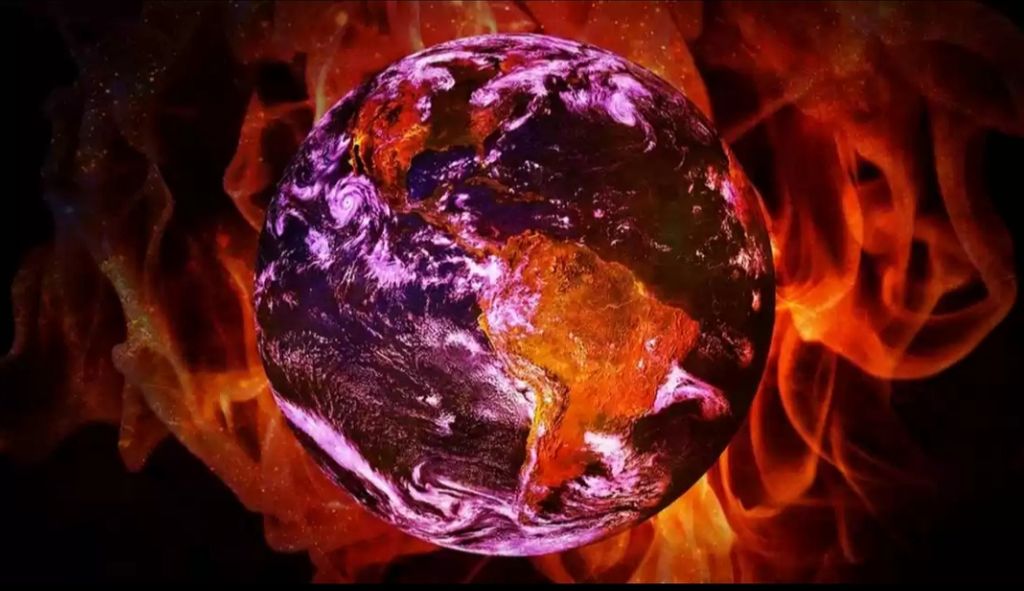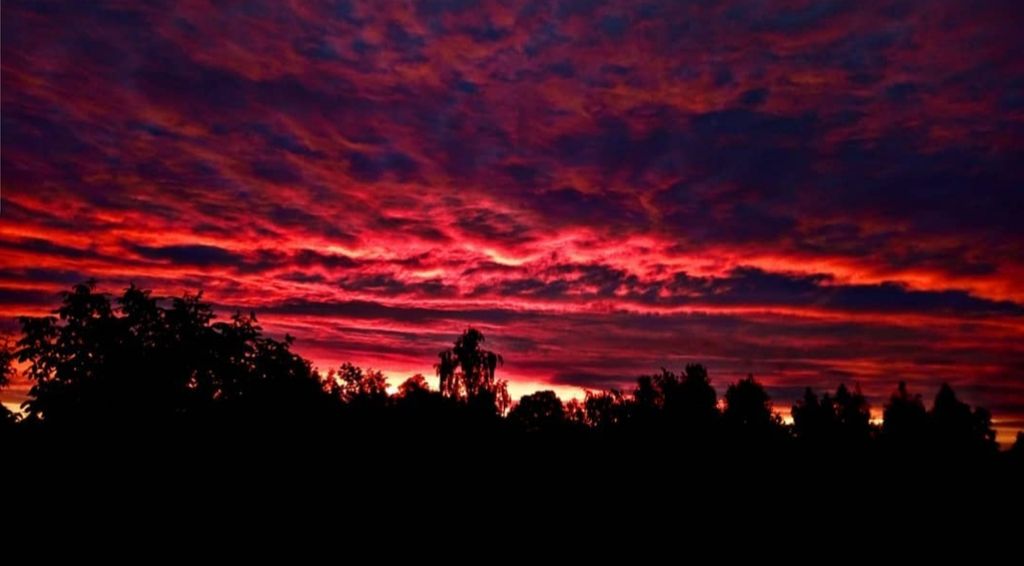The End Is Near !
Jun 07, 2019 • 55 views
"The end is near."
That's the crux of the latest in a series of reports from an Australian think-tank, published on their website. Titled 'Existential Climate-Related Security Risk', it highlights a new method of analysis of the "existential" climate and security risks the world is facing with regard to climate change.
The authors have defined climate change as a "near-to-mid-term existential threat to the human civilisation." They claim that studies addressing climate change, related findings and learnings used as a basis for policymakers are "conservative" and "reticent".

In this potential scenario, the report discusses a strategy to tackle the "end of the world" by gathering resources from around the world to build a "zero-emissions industrial system". They compare the preparation to it akin to that for war. That's an opinion they share with Greta Thunberg's teacher, Benjamin Wagner, who has also compared climate change to war. In an interview with The Guardian, Wagner said, "Our inability to stop climate change is like the efforts to stop world war one - we knew for years it was coming, they arranged all sorts of conferences, but still they didn't prevent it."
The increasing temperatures are of great concern.

At the rate we are going, the scenario analysis warns that by the mid-century we will reach a tipping point - the point of no return, which the IPCC Special Report 2018 has left fairly ambiguous. The temperatures will increaseanother 3 degree Celsius at the least, according to their predictions, after which there will be several consequences. Important ecosystems will collapse, including the world's coral reefs, the Amazon rainforest and the Arctic ice sheets. Around one billion people will be forced to mass migrate because the areas they live in will become uninhabitable. A further two billion will face water scarcity, and agriculture will be near-impossible in areas like today's fertile sub-tropics i.e. areas that fall between the Tropic of Cancer and the Tropic of Capricorn.
The tropical regions will become uninhabitable.
We in India are actually witnessing the turmoil it's wreaking first hand , with blistering temperatures across the country. Not many people can find it in themselves to really get mad about it , so the result comes is mostly business as usual and that very state of mind could be the death of us.

Ten of the hottest cities in the world are all in India right now & you'd think we'd be desperate to fix that.Though, none of us seem to be willing to actually get up and rush things along
It has just published an analytical report which reflects the effects of climate change on human civilization. Climate change has been described as "a near- to mid-term existential threat to human civilization" through this report. In fact, they even have a credible scenario where, if we fail to act, it could mean the end of society as we know it in the next 30 years.

According to the reports, we need to mobilise the whole world and rapidly focus on developing a zero-emissions industrial system, at least if we want to have a chance at reversing climate change and preserving our very ecosystem.
A high-end 2050 scenario finds a world in social breakdown and outright chaos," says David Spratt, Breakthrough's research director. "But a short window of opportunity exists for an emergency, global mobilization of resources, in which the logistical and planning experiences of the national security sector could play a valuable role."
What would happen if Earth gets jammed in "hothouse" mode?
35 percent of land area across the globe and 55 percent of all life on the planet would be subjected to over 20 days of "lethal heat conditions" a year "beyond the threshold of human survivability."
The report adds that a billion people would be forced to relocate from unlivable conditions and two billion would face water scarcity. Food production would take a hit.
If there's a way to save ourselves, this is it!
The authors added that the climate models today are conservative, so extreme conditions could actually be much worse.
The report states that this is because conservative models don't account for tipping points and positive feedback loops- producing more greenhouse gases heats the planet, which melts polar ice, releasing trapped greenhouse gases, further heating the planet, causing more polar ice to melt, and so on.
